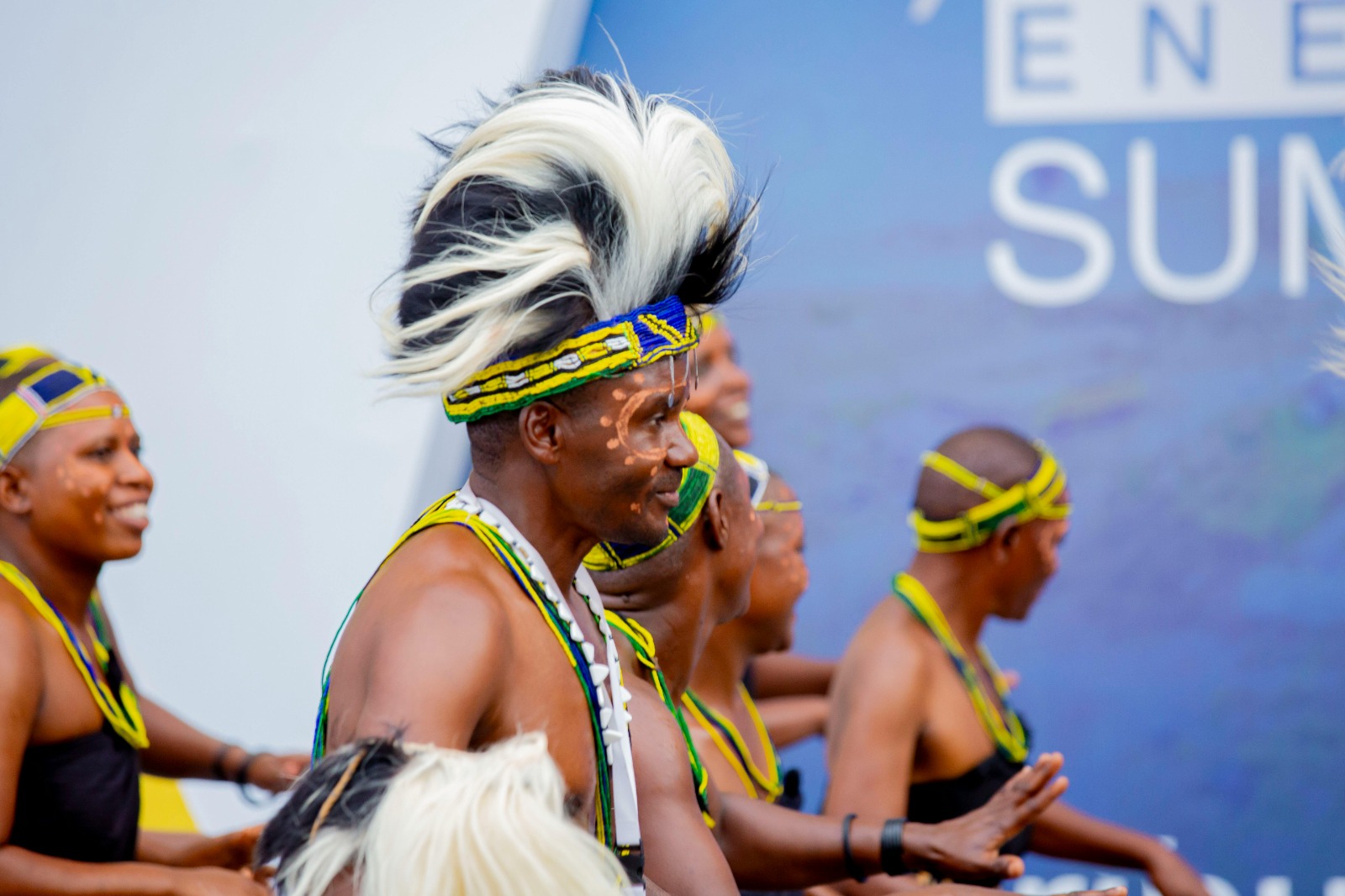
The Beauty of African Culture and Tribes: A Rich Tapestry of Diversity
Africa is a continent of stunning beauty, not only in its landscapes but also in the richness of its cultures and tribes. With over 3,000 ethnic groups, each with its unique languages, customs, traditions, and art forms, Africa’s cultural heritage is truly unparalleled. The beauty of African culture lies in its diversity, resilience, and deep-rooted connection to history and nature. Let’s take a journey through the vibrant world of African tribes and explore the elements that make African culture so remarkable.
1.
Diversity
of Languages
Africa is home to over 2,000 languages, making it one of the most linguistically diverse regions in the world. Each tribe has its own distinct language, often with several dialects, adding to the richness of the continent’s heritage. These languages are more than just tools of communication; they are the vessels that carry stories, songs, and traditions passed down from generation to generation. From the Zulu in South Africa to the Hausa in West Africa, language is an integral part of identity, and through it, a deep connection to the past is preserved.
2.
Traditional
Clothing and Adornments
African clothing is a reflection of each tribe’s unique heritage and identity. Many African tribes are known for their colorful, intricate garments, often made from locally sourced materials. The Ndebele people in Southern Africa, for example, are known for their bold geometric patterns in both their clothing and house decorations, symbolizing wealth and social status. The Maasai people in East Africa are recognized for their distinct red shuka (a traditional cloth), and the Himba people in Namibia adorn their bodies with ochre paste and elaborate jewelry, symbolizing beauty and status within the community. Traditional clothing isn’t just about appearance; it tells stories, marks important life events, and expresses cultural pride.
3.
Music
and Dance: The Heartbeat of Africa
Music and dance are central to African culture, playing a vital role in ceremonies, celebrations, and everyday life. From the rhythms of drums to the melodic tunes of string instruments like the Kora in West Africa, music transcends time and geography on the continent. Every tribe has its own style, but the use of percussion instruments—such as djembe, talking drums, and balafon—is a hallmark of African music. These beats often serve as communication tools, with each rhythm having its own meaning and purpose. Dance, too, is a powerful form of expression, from the energetic Adumu (the jumping dance) of the Maasai to the graceful movements of the Ballet Nimba of West Africa, each dance narrates stories and honors ancestral spirits.
4.
Spirituality
and Ancestral Worship
African spirituality is deeply rooted in the connection between the living, the dead, and the natural world. For many African tribes, spirituality isn’t limited to organized religion; it’s a way of life. The belief in ancestral spirits, gods, and the sacredness of nature is shared across many cultures. The Yoruba in West Africa, for example, honor a variety of deities, each connected to different aspects of life, such as health, fertility, and prosperity. The Zulus and Xhosas have rich traditions of ancestor worship, where ancestors are believed to guide and protect their descendants. Spiritual practices vary widely across the continent, but they all emphasize a deep respect for the past and the interconnectedness of all life.
5.
Art
and Craftsmanship: A Legacy of Skill and Creativity
African art is perhaps one of the most recognizable in the world, with its bold use of color, geometric patterns, and symbolic representations. Each tribe’s art serves a specific purpose, from ceremonial masks to everyday objects, often carrying deep spiritual and cultural significance. The Dogon people of Mali are famous for their intricately carved wooden masks, used in rituals to connect with the spirit world. The Bamana people are known for their elaborate bronze sculptures and textiles. Craftsmanship is passed down through generations, and the artistry seen in Africa's woodwork, beadwork, pottery, and metalwork reflects a long history of skill, creativity, and connection to the earth.
6.
Food
and Culinary Traditions
Food is a vital aspect of African culture, with each tribe offering unique and flavorful dishes that have been developed over centuries. African cuisine is often characterized by its use of locally sourced, fresh ingredients, such as grains, vegetables, fruits, meats, and spices. The Berbers in North Africa prepare flavorful dishes like couscous and tagine, while the Bantu people of Central Africa are known for dishes like fufu, a starchy accompaniment often served with stews. The Ethiopian food culture features the famous injera, a sourdough flatbread, and wat, a spicy stew. In the coastal regions, seafood is a staple, while in the savannas, meats and grains dominate. Food in Africa isn’t just sustenance—it’s a communal experience, bringing families and communities together to share meals and celebrate life.
7.
Family
and Social Structure
Family is at the core of African society. Extended families, including grandparents, uncles, aunts, cousins, and in-laws, play an essential role in the upbringing of children and the decision-making of the community. Many African cultures emphasize the importance of respect for elders and the idea that wisdom is passed down through generations. Collectivism rather than individualism is often emphasized—community is everything. The concept of ubuntu, found in many southern African cultures, emphasizes shared humanity and interconnectedness: “I am because we are.” This collective mindset is reflected in the way people come together to support one another, celebrate, and overcome challenges.
8.
Rituals
and Ceremonies: Marking Life’s Milestones
Rituals and ceremonies are an essential part of African culture, marking important events in the lifecycle, from birth to death. For instance, the initiation rituals of the Xhosa people in South Africa involve a rite of passage for young men, where they undergo circumcision and are taught the responsibilities of adulthood. Weddings are often grand celebrations, with specific songs, dances, and attire depending on the tribe. Even funerals are celebrated as a means to honor the deceased and celebrate their journey to the afterlife. These ceremonies allow individuals to connect with their ancestors, the spirits, and the community, reaffirming their place in the world.
Conclusion:
A Tapestry of Richness and Unity
The beauty of
African culture lies in its ability to blend ancient traditions with
contemporary influences while maintaining a strong sense of identity. The
diversity of tribes and cultures across the continent is a testament to the
resilience, creativity, and spirit of the African people. Through language,
art, music, food, and spirituality, Africa offers a rich, vibrant heritage that
continues to inspire and captivate the world. Embracing this cultural wealth
not only deepens our understanding of Africa but also reminds us of the
universal bonds that connect all humanity. The beauty of African culture is,
truly, a treasure that is both timeless and ever-evolving.
Comment(0)
No comments yet.
Subscribe to our Newsletter
Get the latest updates and offers.






